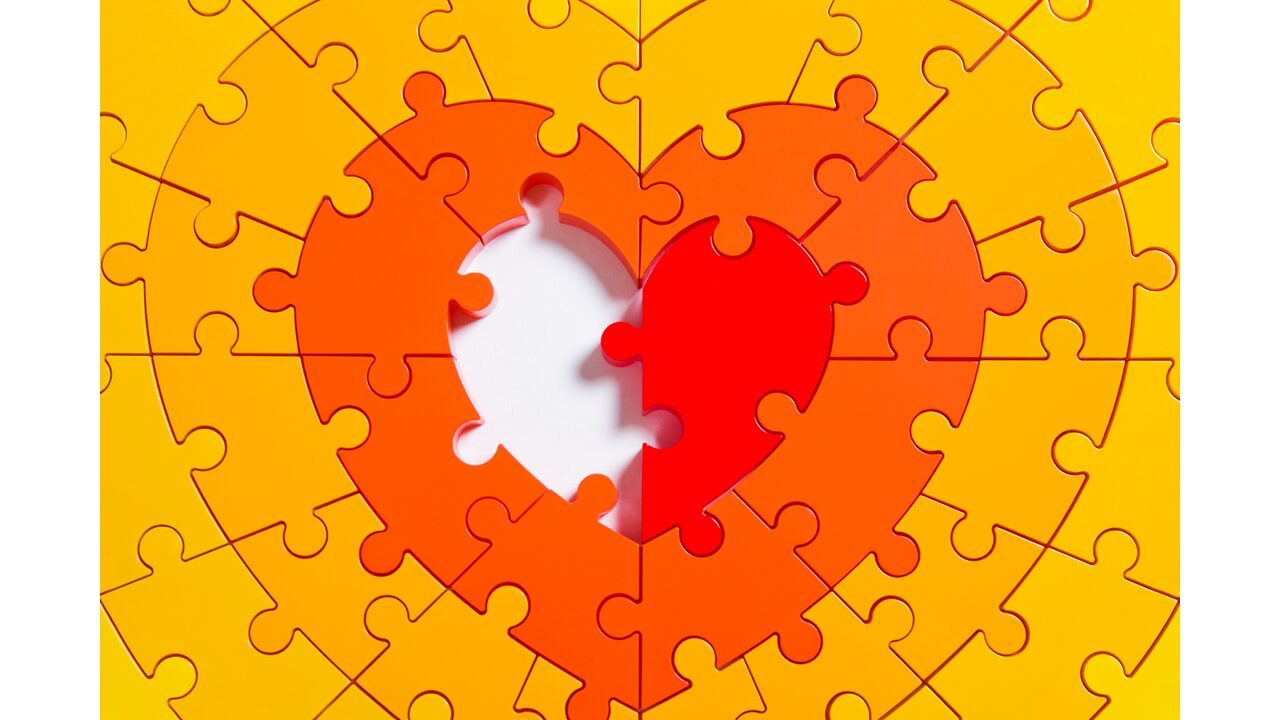Why are healthy relationships important?
“Love is the active concern for the life and growth of that which we love.”
What is love?
Love is the desire to expand one’s self through inclusion of an alluring other in self. Love can also be considered an adaptation to the human’s biological drive to connect, reproduce and survive.
Why do we need healthy relationships?
Relationships are a close connection between two or more people. It can be positive or negative, intimate, or platonic. Having many healthy relationships promotes mental well-being and stability. They help us live longer, cope with stress better, increase self-worth and sense of belonging, develop healthier habits, are a cornerstone of happiness and help us grow and build resilience. Your partner, family relationships, friendships, etc. should be a two way street in the sense that both parties promote the self-expansions of each other through shared activities, communication, individual activities, and support.
Signs of a healthy relationship
- Having fun together
- More good times than bad
- Time is spent together and separately
- Sense of safety, trust and security
- Feeling supported in your future goals
- Regular compliments
- Communication of needs and wants
- Conflict resolution without hurting the other
- Compromise
- Respecting one another’s boundaries including physical and sexual boundaries
- An ability to apologize and not hold a grudge
- Not feeling fearful
- Being your authentic self
- An ability to listen and attempt to understand each other’s point of view
- Respect of privacy
Signs of an Unhealthy Relationship
- We used to have fun, but not so much anymore
- We have more bad times than good
- My partner has made me feel unsafe at times
- My partner is often jealous and doesn’t trust me for no good reason
- I do not or have not felt supported by my partner
- My partner often puts me down
- We often fight
- If my partner is upset, I get the silent treatment
- I have never received an apology from my partner
- I find myself being someone I am not
- My partner wants to or has looked through my phone
- I have felt fearful in my relationship
- I always have to do what my partner wants me to do
Love is Not Domestic Violence
The United Nations defines “domestic violence” or “intimate partner violence” as a pattern of behavior in any relationship that is used to gain or maintain power and control over an intimate partner. Abuse is physical, sexual, emotional, economic or psychological actions or threats of actions that influence another person. This includes any behaviors that frighten, intimidate, terrorize, manipulate, hurt, humiliate, blame, injure, or wound someone. Domestic abuse can happen to anyone of any race, age, sexual orientation, religion, or gender. It can occur within a range of relationships including couples who are married, living together or dating. Domestic violence affects people of all socioeconomic backgrounds and education levels.
They also identify the following signs of domestic abuse:
Does your partner…
- Embarrass or make fun of you in front of your friends or family?
- Put down your accomplishments?
- Make you feel like you are unable to make decisions?
- Use intimidation or threats to gain compliance?
- Tell you that you are nothing without them?
- Treat you roughly—grab, push, pinch, shove or hit you?
- Call you several times a night or show up to make sure you are where you said you would be?
- Use drugs or alcohol as an excuse for saying hurtful things or abusing you?
- Blame you for how they feel or act?
- Pressure you sexually for things you aren’t ready for?
- Make you feel like there is “no way out” of the relationship?
- Prevent you from doing things you want – like spending time with friends or family?
- Try to keep you from leaving after a fight or leave you somewhere after a fight to “teach you a lesson”?
Do you…
- Sometimes feel scared of how your partner may behave?
- Constantly make excuses to other people for your partner’s behavior?
- Believe that you can help your partner change if only you changed something about yourself?
- Try not to do anything that would cause conflict or make your partner angry?
- Always do what your partner wants you to do instead of what you want?
- Stay with your partner because you are afraid of what your partner would do if you broke up?
You are not alone, help is available.
Local Resources:
Family Justice Center
438 Main Street
Suite 201
Buffalo, NY 14202
716-558-7233
Child & Family Services (Haven House)
Non-emergency line: 716-884-6002
24-Hour DV Hotline: 716-884-6000
https://cfsbny.org/our-services/hh/
Online chat available at the above link
Family Help Center (Support)
716-892-2172
Mackenzie Gullo
Clinician


